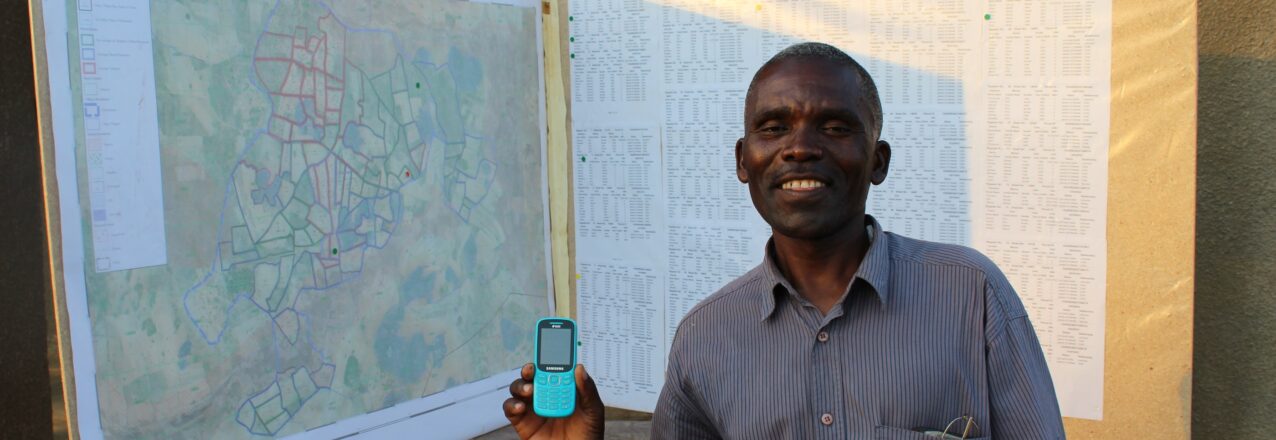Introduction
This report was prepared under the United States Agency for International Development (USAID) Integrated Land and Resource Governance Task Order (ILRG) under the Strengthening Tenure and Resource Rights II (STARR II) Indefinite Delivery/Indefinite Quantity (IDIQ) contract. In it, ILRG recommends an approach to sustain community-based land rights documentation through land administration services catering to customary and local communities in Zambia and Mozambique. The recommended approach involves establishing shared community land administration services. The key innovations of this approach are a centralized or shared maintenance database to warehouse data from community-based land management processes and simple tools for communities to use to update the data and receive updated records. The technology platform and related services can be shared across communities at various levels of aggregation – most likely nationally or regionally. Generically, community land administration services reflect the core elements of the vision of Associação Rural de Ajuda Mútua (ORAM) and Terra Firma for a “People’s Cadaster” in Mozambique.1 This report explains the recommended approach and why it makes sense for USAID to support under ILRG.
The purpose of this report is to test approaches for sustainable, scalable land administration services for customary and local communities that have legal and socially legitimate authority to document and manage the land and resource rights of their territory or land holdings. In Zambia and Mozambique, the prevailing land tenure in rural areas fits this description. ILRG is investing in a proof of concept activity for land administration services shared across communities. Joint technology platform development for both countries has been considered as an ideal approach; however, timing and the availability of funds from other donor sources in Mozambique makes this unlikely. Nevertheless the two country programs will compare approaches for complementarity and learning. ILRG’s objective is to support affordable access for customary and local communities to services that update and maintain records of their land rights in a manner that is compatible with the public land administration system (LAS). The outcome will be sustainability of first documentation of community land rights (which USAID has and will continue to support under ILRG) and of the benefits of documentation to land rights and resource management.
In this report, ILRG explores the why, what, and how of the recommended community land administration proof of concept, including background and justification for such an activity for Zambia and Mozambique; the conceptual framework within which ILRG’s investment in community land administration is envisioned; and ILRG preliminary design considerations (behavior patterns that define user needs, technology choices, and sustainability). For both countries, ILRG carried out a rapid assessment (see Annex 1 for methodology) of the behavioral norms related to community land management and the range of transactions that are typical.2 A review of existing land administration systems and customary documentation approaches was also conducted in each country. Annexes 2 and 3 characterize the background scenario in each country. Relevant findings are also relayed as the preliminary design considerations are described.


